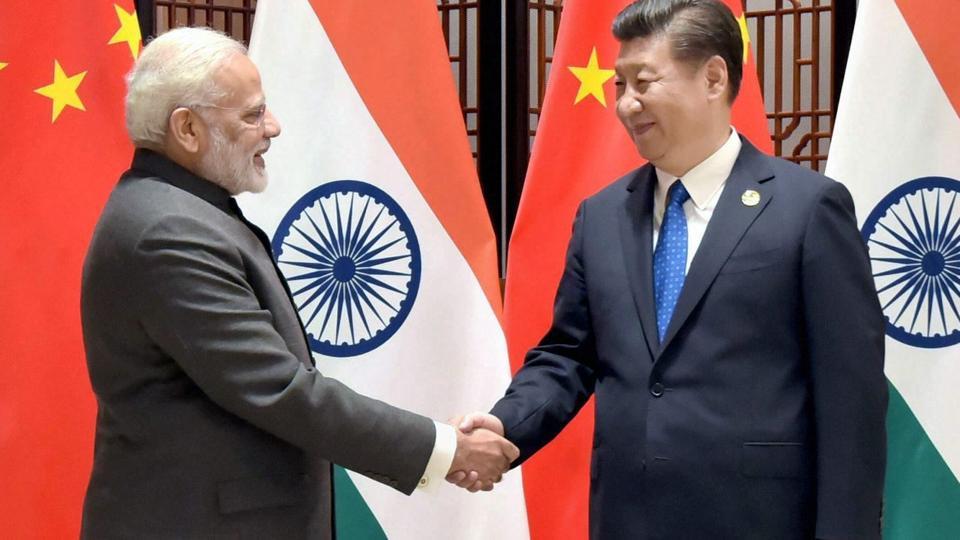On Thursday, Chinese Consul Ma Zhanwu proposed greater interactions, dialogue and cultural exchange between India and China. He also said that ties between the two nations has a history of thousands of years. Zhanwu was speaking at a seminar ‘China-India Buddhist and Other Exchanges’ which had in attendance Chinese and Indian scholars and was organized by the Chinese consulate in Kolkata.

Zhanwu stressed that both countries need to have relationships based on the principles of peace, cooperation, openness, inclusiveness and mutual benefits. He also said that there should be more effective utilization of names like Hsuan Tsang and Rabindranath Tagore so as to promote closeness and stronger cultural ties between the two countries. He pointed out that the works of Tagore was more popular in China than in India.
Sabujkali Sen, who is the Vice-Chancellor of Visva Bharati ,shared with the media that the Chinese Consulate in Kolkata made possible the revamp of China Bhavan, which incidentally had been founded by Tagore ,80 years ago, as a center for Chinese studies.
Sen also pointed out that the Consulate, last month gave Rs.60 Lakh for the cause of the renovation of the China Bhavan and was endeavoring to continuously support student exchange programmes between Visva Bharati and Chinese Universities. This was part of their efforts to promote people to people exchange between the two countries.
Many well-known and accomplished scholars from Chinese institutions, as well as prominent Indian Scholars deliberated and reflected on the past of Indo-China exchanges. They discussed the history of the relationship of the two nations and also future possibilities for collaboration and cooperation.
This is a welcome step coming from China, especially in the wake of the tension between the two nations regarding border issues, trade and relationships with Pakistan and the U.S.
Both countries have finally come to understand that solutions can only come through dialogue and cultural exchanges,and not through violence, intimidation or threats.
















































